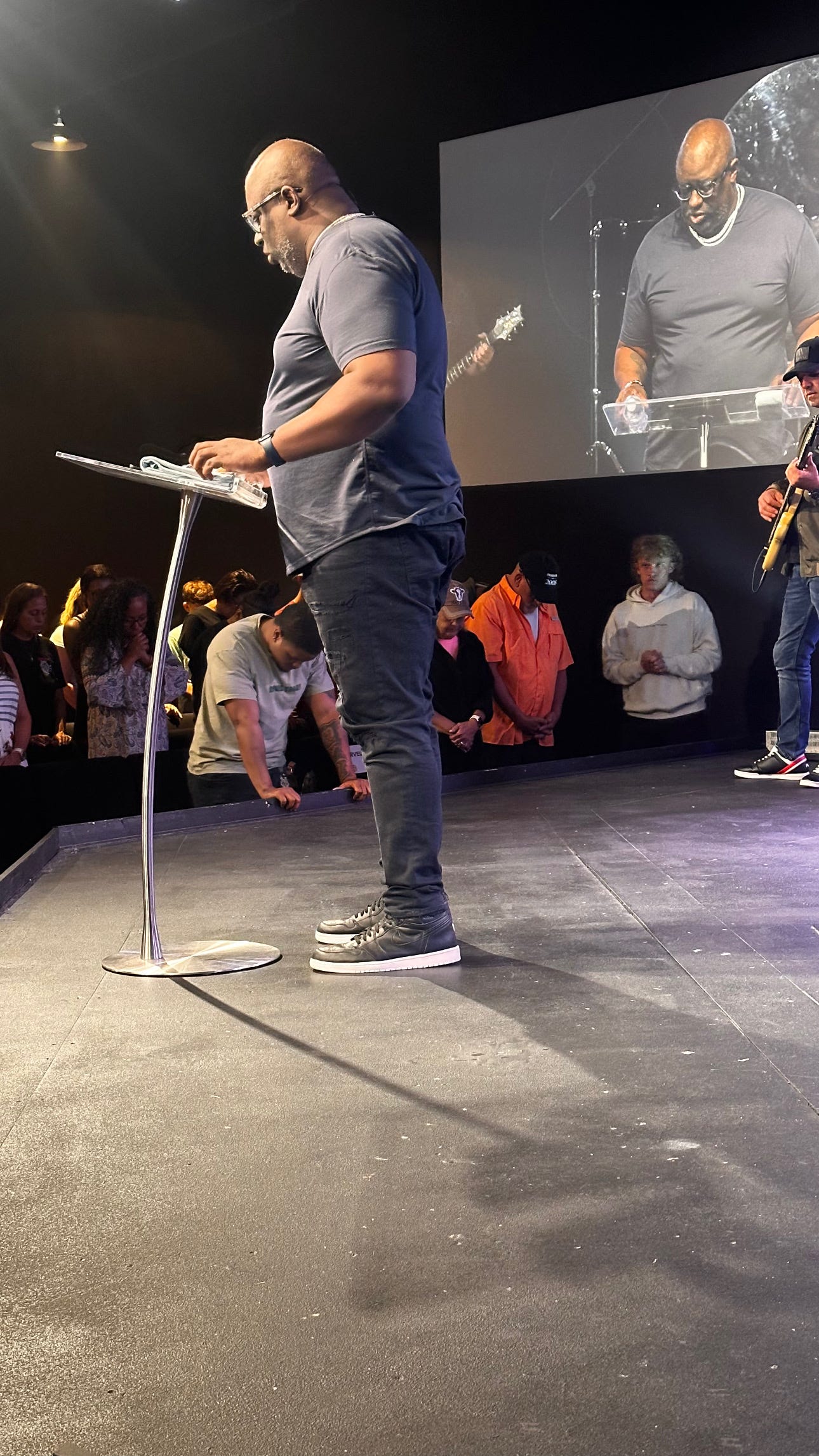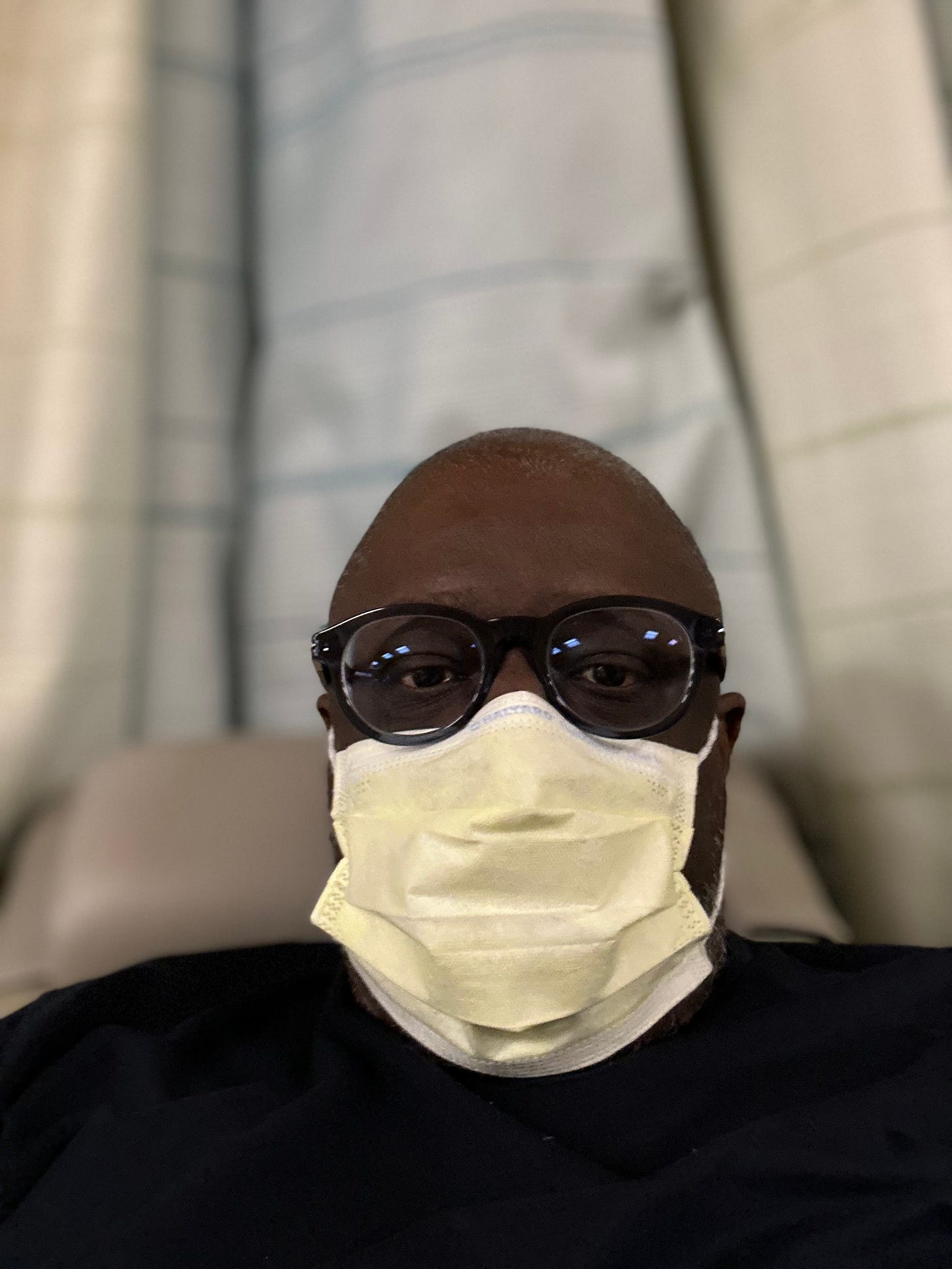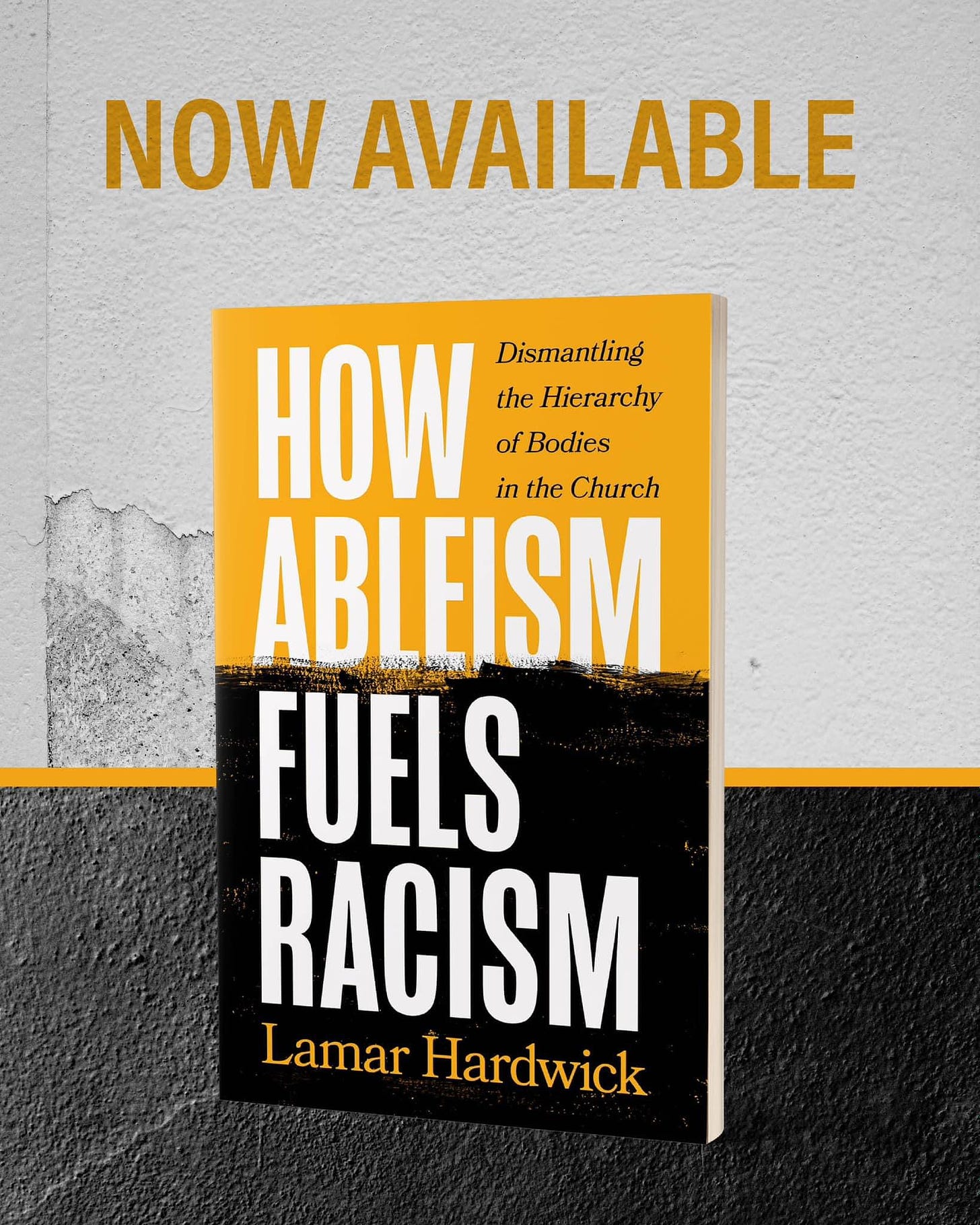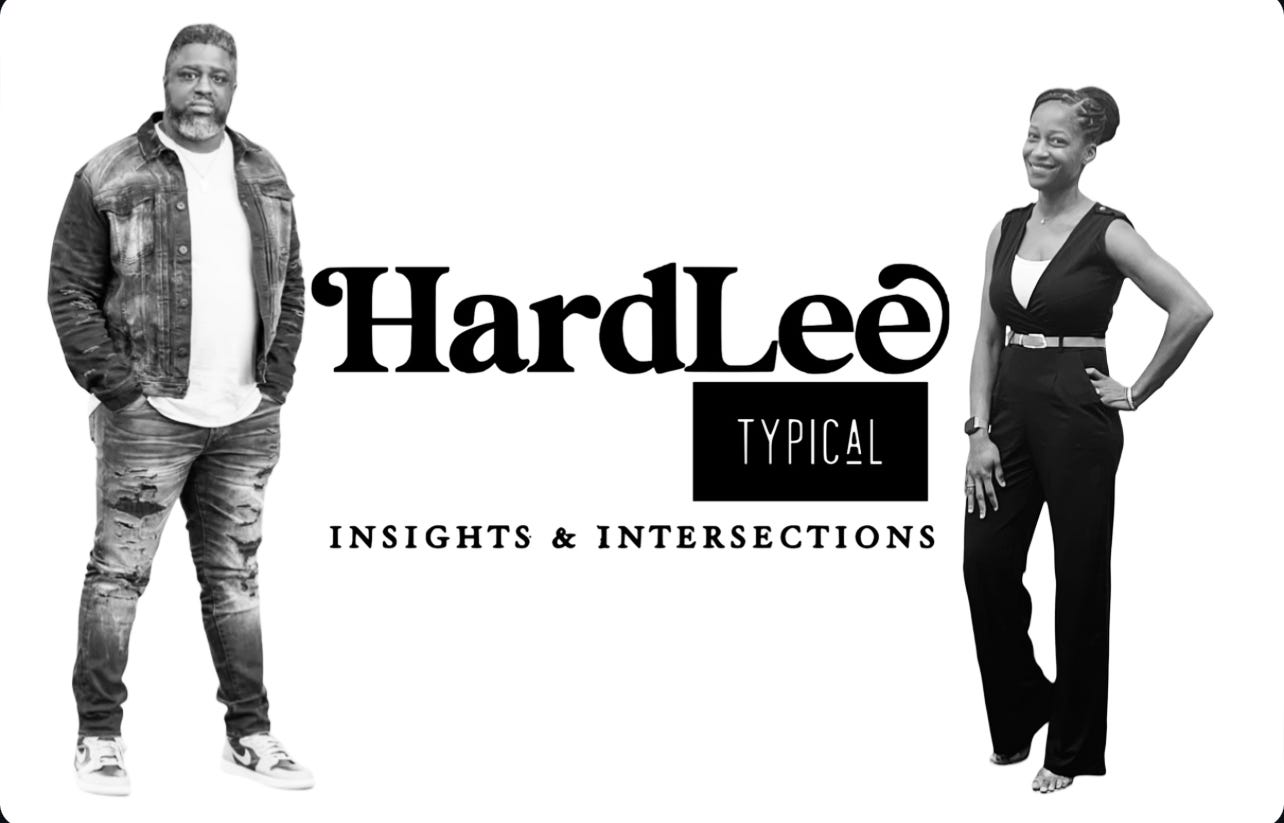A few years ago the Barna Research group conducted a study. In the study they asked a variety of people what one question they would ask God if they knew that God had to answer their question.
The top response was a question that related to the issue of human suffering. “Why is there pain and suffering in the world?”
In the fall of 2020, when I was diagnosed with stage 3 colorectal cancer, I had just had my annual physical. I was exercising five times a week and monitoring my diet. I was finally managing to get the hang of leading a church through a global pandemic. I was just beginning to regain my sense of hope and clarity after months of meandering through the misery of COVID-19 pandemic. Then suddenly, without warning, amid what was feeling like a pretty good life during a pretty challenging year, I learned I had cancer. I felt like life was sending me mixed messages.
It seemed like overnight I joined the chorus of thousands who were experiencing suffering and asking the questions; “Where is God?” and “Why me?”
Understanding the role of faith and God’s role in suffering is complicated.
I believe that what complicates our understanding about suffering and God’s role in is that we have four basic human assumptions about life.
1. Good people live and get good things.
2. Bad people live and get bad things.
3. Good and bad cannot co-exist.
4. If God exists and God is good, then bad should not exist if God exists in us.
Jesus once told a story about God’s kingdom and God’s view of the unrelenting role of struggle and suffering in the life of his creation.
24 “The Kingdom of Heaven is like a farmer who planted good seed in his field. 25 But that night as the workers slept, his enemy came and planted weeds among the wheat, then slipped away. 26 When the crop began to grow and produce grain, the weeds also grew.27 “The farmer’s workers went to him and said, ‘Sir, the field where you planted that good seed is full of weeds! Where did they come from?’28 “‘An enemy has done this!’ the farmer exclaimed.” ‘Should we pull out the weeds?’ they asked.29 “‘No,’ he replied, ‘you’ll uproot the wheat if you do. 30 Let both grow together until the harvest. Then I will tell the harvesters to sort out the weeds, tie them into bundles, and burn them, and to put the wheat in the barn.’”
Jesus shares that God’s kingdom is like a farmer who planted good seed in his field. Someone sneaks in at night and plants weeds. When the farmer’s employees discovered the weeds among the wheat they panicked and rushed to the farmer asking if they should tear the weeds up.
In 2022, after a year of remission, I found out that my cancer had returned. Like the weeds that tangled themselves among the wheat, my cancer had not only returned, but by the end of that same year we discovered that it had spread to my lungs.
Honestly, when hearing the news, the only thought that I had is that it just seems as though I will never be able to escape all the bad things that life keeps throwing at me. In other words, in a world full of wheat and weeds, the weeds seemed to be winning.
What’s interesting about the parable of the wheat and weeds is that when the workers presented the farmer with the problem, he was already aware of what was happening.
The response of the farmer can teach us something about God’s view of handling the bad that springs up among the good. Over the next few posts we’ll explore what we can learn about navigating a life where the weeds keep growing no matter how hard we try to avoid them.
But for now, the first, and most important thing that we need to know when we have questions about suffering, questions about how bad things happen to good people, and questions about why we must be the ones who suffer is that no matter how complicated suffering is, no matter how many weeds grow among the wheat, God is aware of our suffering.
Jesus tells us in Matthew 6:8 that “..your Father knows exactly what you need even before you ask him!”
When suffering comes, you will probably be afraid, and that’s natural. It’s only human nature. So remember the words that God spoke to his children.
“Don’t be afraid for I am with you. Don’t be discouraged, for I am your God. I will strengthen you and help you. I will hold you.” Isaiah 41:10
New Podcast Coming Labor Day Weekend!
Subscribe Here!









I think our understanding of “You reap what you sow” has become so ridged and exclusive that it has caused people distress when they sow what they believe to be good and bad things happen. As you said in the article people have trouble believing that both good and bad can coexist in a situation. Great read! I look forward to reading the other parts
The thing I’m struggling with right now is knowing God is present and aware in my suffering. It feels apathetic. I’m looking forward to reading the unpacking of this topic. Thank you for sharing.